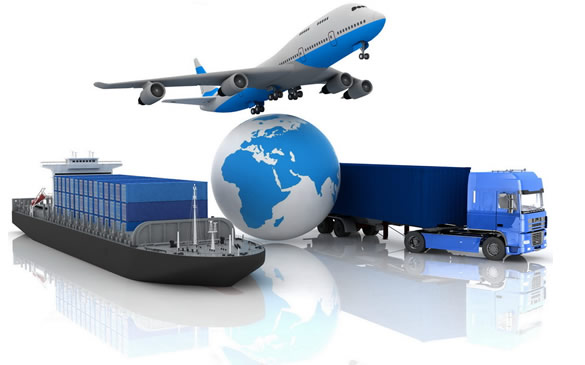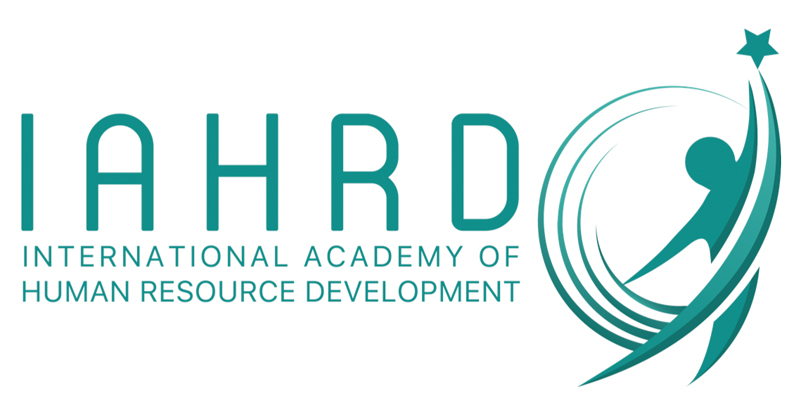
Pre-planning and Logistics Management
Pre-planning and Logistics Management
Introduction:
This course is proudly introduced to you by the International Academy of Human Resource Development(IAHRD). Our courses are customized to match your needs in which they are designed by experts who has a long practical experience in the field.
This course is aimed at both suppliers and buyers who need an overview of the key drivers involved when ..
Pre-planning and Logistics Management
Introduction:
This course is proudly introduced to you by the International Academy of Human Resource Development(IAHRD). Our courses are customized to match your needs in which they are designed by experts who has a long practical experience in the field.
This course is aimed at both suppliers and buyers who need an overview of the key drivers involved when viewing supply chains from a logistics/demand point of view.
It will also discuss how efficiency in moving products improves delivery speed, service quality and operation costs.
Objectives:
After participating in this course, candidates will be to:
- Understand different concepts related to logistics and supply management.
- Cope with the changes in the surrounding environment.
- Appreciate the mission of effective logistics processes.
- Deliver customer value.
- Know more about the history of logistics.
- Prevent the consequences of pitfalls in logistics management.
Contents:
Module 1:
- What is logistics and supply management?
- What is the difference between logistics and supply management?
- Competitive strategy of logistics and supply management.
- The supply chain becomes the value chain.
- The changing environment.
- Mission of logistics management.
Module 2:
- Logistics and customer value.
- Delivering customer value.
- The impact of out-of-stock.
- Market driven supply chains.
- Customer service objectives.
Module 3:
- Logistics and the bottom line.
- Logistics cost analysis.
- Total costs analysis.
- Cost drivers and activity-based costing.
- Customer profitability analysis.
Module 4:
- Balancing between supply and demand.
- Demand management.
- Forecasting and replenishment.
- Capacity forecasting.
Module 5:
- Development of logistics.
- Activities of a good transport system in logistics.
- Transport-related sectors.
- Case Study.
Module 6:
- What will happen without a well-developed transportation system?
- Well planning in logistics.
- Improving efficiency through a well-designed transportation system.
Who should attend?
- Distribution Management.
- Material Management Professionals
- Transportation Management Officers.
- Supply Chain Management
- Logistics Staff
- Interested candidates.
times [ Istanbul ]
| from | to | price $ | venue | actions |
|---|---|---|---|---|
| 2025-04-06 | 2025-4-10 | 3,750 | Istanbul | join enquire |
| 2025-04-13 | 2025-4-17 | 3,750 | Istanbul | join enquire |
| 2025-04-20 | 2025-4-24 | 3,750 | Istanbul | join enquire |
| 2025-04-27 | 2025-5-1 | 3,750 | Istanbul | join enquire |
| 2025-05-04 | 2025-5-8 | 3,750 | Istanbul | join enquire |
| 2025-05-11 | 2025-5-15 | 3,750 | Istanbul | join enquire |
| 2025-05-18 | 2025-5-22 | 3,750 | Istanbul | join enquire |
| 2025-05-25 | 2025-5-29 | 3,750 | Istanbul | join enquire |
| 2025-06-01 | 2025-6-5 | 3,750 | Istanbul | join enquire |
| 2025-06-08 | 2025-6-12 | 3,750 | Istanbul | join enquire |
| 2025-06-15 | 2025-6-19 | 3,750 | Istanbul | join enquire |
| 2025-06-22 | 2025-6-26 | 3,750 | Istanbul | join enquire |
| 2025-06-29 | 2025-7-3 | 3,750 | Istanbul | join enquire |
| 2025-07-06 | 2025-7-10 | 3,750 | Istanbul | join enquire |
| 2025-07-13 | 2025-7-17 | 3,750 | Istanbul | join enquire |
| 2025-07-20 | 2025-7-24 | 3,750 | Istanbul | join enquire |
| 2025-07-27 | 2025-7-31 | 3,750 | Istanbul | join enquire |
| 2025-08-03 | 2025-8-7 | 3,750 | Istanbul | join enquire |
| 2025-08-10 | 2025-8-14 | 3,750 | Istanbul | join enquire |
| 2025-08-17 | 2025-8-21 | 3,750 | Istanbul | join enquire |
| 2025-08-24 | 2025-8-28 | 3,750 | Istanbul | join enquire |
| 2025-08-31 | 2025-9-4 | 3,750 | Istanbul | join enquire |
| 2025-09-07 | 2025-9-11 | 3,750 | Istanbul | join enquire |
| 2025-09-14 | 2025-9-18 | 3,750 | Istanbul | join enquire |
| 2025-09-21 | 2025-9-25 | 3,750 | Istanbul | join enquire |
| 2025-09-28 | 2025-10-2 | 3,750 | Istanbul | join enquire |
| 2025-10-05 | 2025-10-9 | 3,750 | Istanbul | join enquire |
| 2025-10-12 | 2025-10-16 | 3,750 | Istanbul | join enquire |
| 2025-10-19 | 2025-10-23 | 3,750 | Istanbul | join enquire |
| 2025-10-26 | 2025-10-30 | 3,750 | Istanbul | join enquire |
| 2025-11-02 | 2025-11-6 | 3,750 | Istanbul | join enquire |
| 2025-11-09 | 2025-11-13 | 3,750 | Istanbul | join enquire |
| 2025-11-16 | 2025-11-20 | 3,750 | Istanbul | join enquire |
| 2025-11-23 | 2025-11-27 | 3,750 | Istanbul | join enquire |
| 2025-11-30 | 2025-12-4 | 3,750 | Istanbul | join enquire |
| 2025-12-07 | 2025-12-11 | 3,750 | Istanbul | join enquire |
| 2025-12-14 | 2025-12-18 | 3,750 | Istanbul | join enquire |
| 2025-12-21 | 2025-12-25 | 3,750 | Istanbul | join enquire |
| 2025-12-28 | 2026-1-1 | 3,750 | Istanbul | join enquire |
